 Company news
Company news
BCS Team Had an Unforgettable Experience at the NLA Chauffeur Driven Show in Las Vegas
By Eugene Bulan | 19/04/2024 | 7 minutes
 Company news
Company news
By Eugene Bulan | 19/04/2024 | 7 minutes
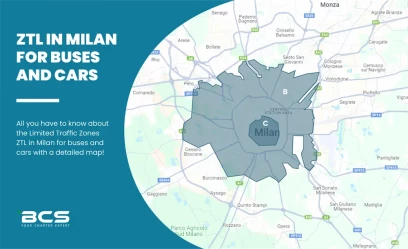 Travel tips
Travel tips
By Eugene Bulan | 25/03/2024 | 7 minutes
 Travel tips
Travel tips
By Eugene Bulan | 19/03/2024 | 8 minutes
 Travel tips
Travel tips
By Eugene Bulan | 11/02/2024 | 10 minutes
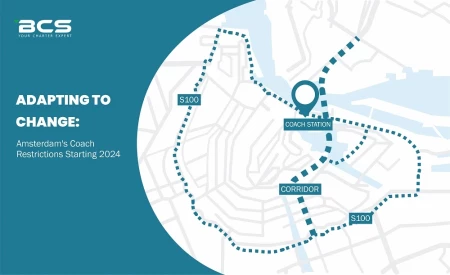 Travel tips
Travel tips
By Eugene Bulan | 07/02/2024 | 5 minutes
 Travel tips
Travel tips
By Eugene Bulan | 29/12/2023 | 13 minutes
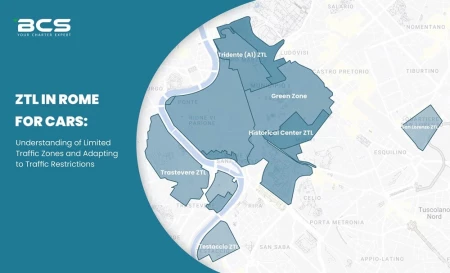 Travel tips
Travel tips
By Eugene Bulan | 28/12/2023 | 12 minutes
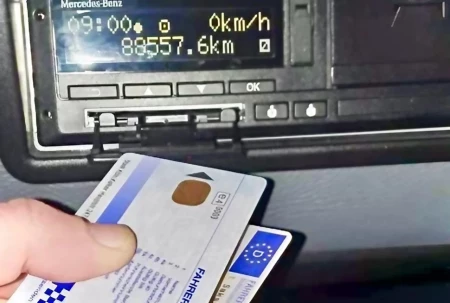 Company news
Company news
By Eugene Bulan | 23/11/2023 | 6 minutes
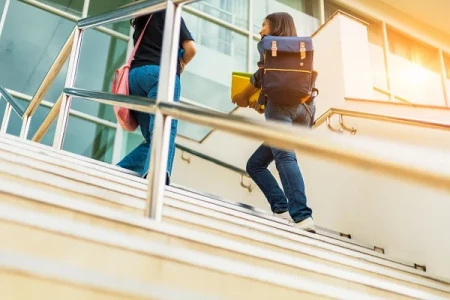 Company news
Company news
By Eugene Bulan | 20/09/2023 | 5 minutes
 Industry insights
Industry insights
By Eugene Bulan | 20/09/2023 | 8 minutes
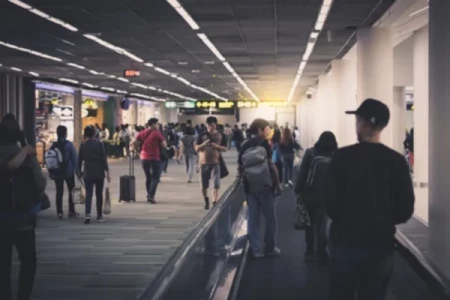 Travel tips
Travel tips
By Eugene Bulan | 20/09/2023 | 5 minutes
 Company news
Company news
By Eugene Bulan | 20/09/2023 | 7 minutes
 Industry insights
Industry insights
By Eugene Bulan | 20/09/2023 | 6 minutes
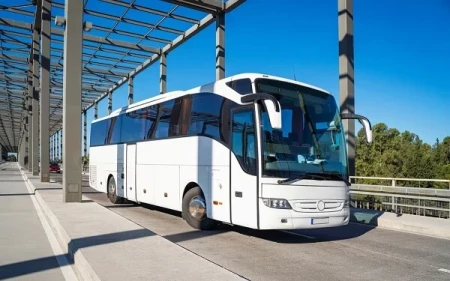 Travel tips
Travel tips
By Eugene Bulan | 20/09/2023 | 5 minutes
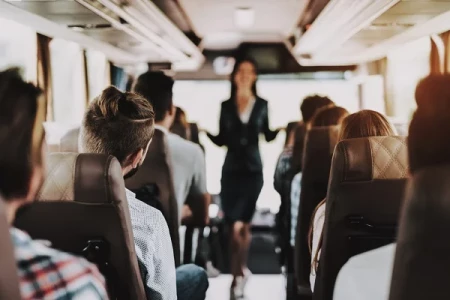 Industry insights
Industry insights
By Eugene Bulan | 20/09/2023 | 6 minutes
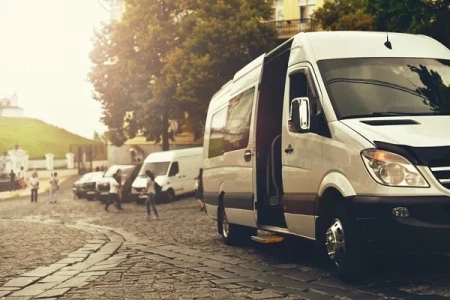 Travel tips
Travel tips
By Eugene Bulan | 20/09/2023 | 10 minutes
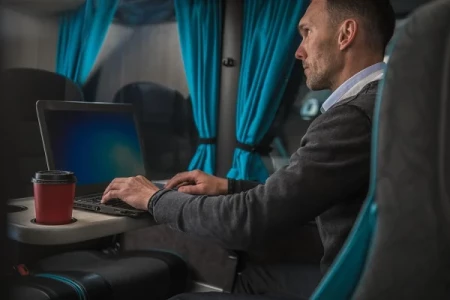 Industry insights
Industry insights
By Eugene Bulan | 20/09/2023 | 10 minutes
 Travel tips
Travel tips
By Eugene Bulan | 20/09/2023 | 5 minutes
 Travel tips
Travel tips
By Eugene Bulan | 20/09/2023 | 5 minutes
 Travel tips
Travel tips
By Eugene Bulan | 20/09/2023 | 8 minutes
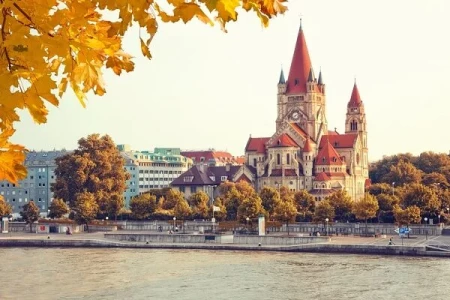 Travel tips
Travel tips
By Eugene Bulan | 18/09/2023 | 6 minutes
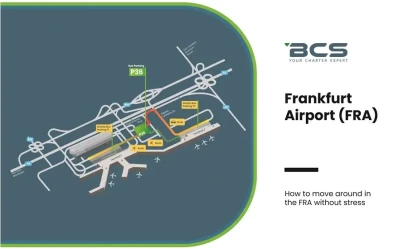 Airports
Airports
By Eugene Bulan | 31/08/2023 | 6 minutes
 Company news
Company news
By Eugene Bulan | 27/09/2022 | 13 minutes
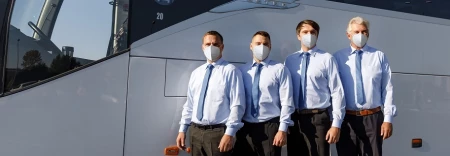 Company news
Company news
By Eugene Bulan | 17/02/2022 | 4 minutes
 Company news
Company news
By Eugene Bulan | 30/05/2019 | 3 minutes
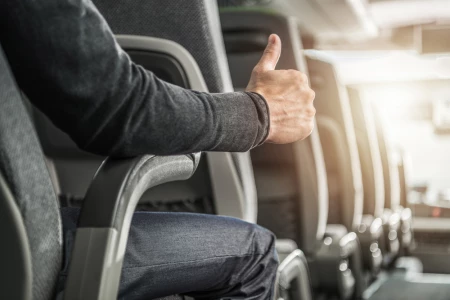 Travel tips
Travel tips
By Eugene Bulan | 10/09/2018 | 7 minutes